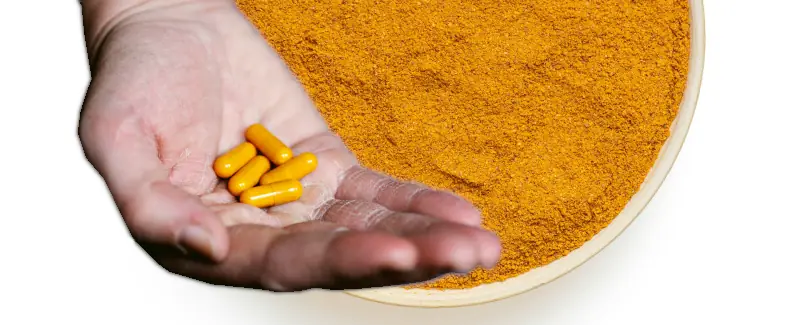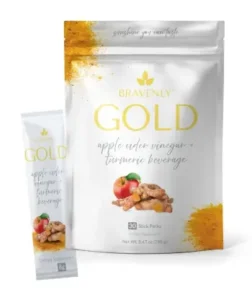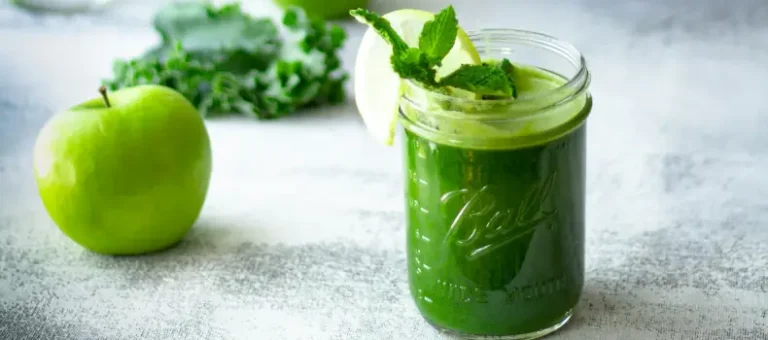Turmeric: Powerful Benefits for Reducing Inflammation

Turmeric isn’t a spice we carry in our cupboards. Nor is curry powder where it is a major ingredient in. Though you probably can’t get enough of it using them as just spices in your meals to gain the health benefits it could provide you.
What is Turmeric?
Turmeric is a plant that is native to Southeast Asia. It’s the root of the plant that is used to produce the spice we use for seasoning foods and medicinal purposes. It also has been used for a coloring dye with its golden yellow color.
Potential Benefits
The main two things you hear that turmeric is great for are its antioxidants and its anti-inflammatory properties. More specifically it is the compound curcumin that is in it that provides these potential benefits. Turmeric could help with things like arthritis/inflammation, depression/anxiety, digestive disorders, kidney health, liver disease, and more. For centuries it has been used in traditional medicine for things like skin disorders, digestive system, joints, and respiratory conditions.
How Does Turmeric Reduce Inflammation?
The curcumin in turmeric has been shown to block NF-κB (Nuclear Factor kappa B) activation. NF-κB regulates genes that are involved in different processes of the immune and inflammatory responses. Curcumin has been shown to block the protein cytokines [https://my.clevelandclinic.org/health/body/24585-cytokines] and inflammation enzymes, which when your body has too many of it can lead to excess inflammation.
The Body Doesn’t Absorb the Curcumin Well
Unfortunately our bodies do not absorb curcumin very well. Don’t let that be discouraging. It has been found that black pepper increases the body’s ability to absorb curcumin. The compound, piperine, in the pepper can increase the absorption up to 2000%. Also curcumin is fat-soluble. So pairing turmeric with meals containing avocado, coconut oil, or olive olive will help with absorption.
Dosage of Turmeric
Of course there are no set guidelines on dosage. It seems only manufactured medication gets dosage guidelines. There is this article [https://pmc.ncbi.nlm.nih.gov/articles/PMC1434783/] that is looking at figuring a max tolerable dosage for colorectal cancer chemoprevention. It says a dosage of 12,000 mg is tolerant and warrants further investigation. So far the best dosage recommendation that we found was less than 1200 mg to minimize side effects (“Can turmeric reduce inflammation?” [https://www.uclahealth.org/news/article/ask-the-doctors-can-turmeric-reduce-inflammation]).
Potential Side Effects
As with any drug or supplement there are always side effects to consider. It is considered safe and nontoxic [https://pubmed.ncbi.nlm.nih.gov/29480523/]. Some side effects typically at higher doses are mild digestive issues, headaches (dose of 500mg+), or skin rash (rare).
Conclusion
Turmeric or really the curcumin component of it appears to have great benefits for a natural herbal medicine. It may help with arthritis, depression, high cholesterol, IBS symptoms, and more. Make sure it is paired with some black pepper or a fat like olive oil or avocado for better absorption. Start with a lower dosage to see how you tolerate it. It is always best to consult your doctor before taking a supplement.
Some articles to Read
- Herbal Medicine: Biomolecular and Clinical Aspects. 2nd edition. – Chapter 13 Turmeric, the Golden Spice
- Health Benefits of Turmeric [WebMD]
- 10 Health Benefits of Turmeric and Curcumin [Healthline]

Bravenly Gold is a turmeric beverage that contains turmeric as a powder and extract [it states a very high concentration of curcumin]. The Gold also contains black pepper that is mentioned above, which helps with the absorption of curcumin.
Meet the Product PDF
Shop for Gold
*Statements about the product have not been evaluated by the FDA



